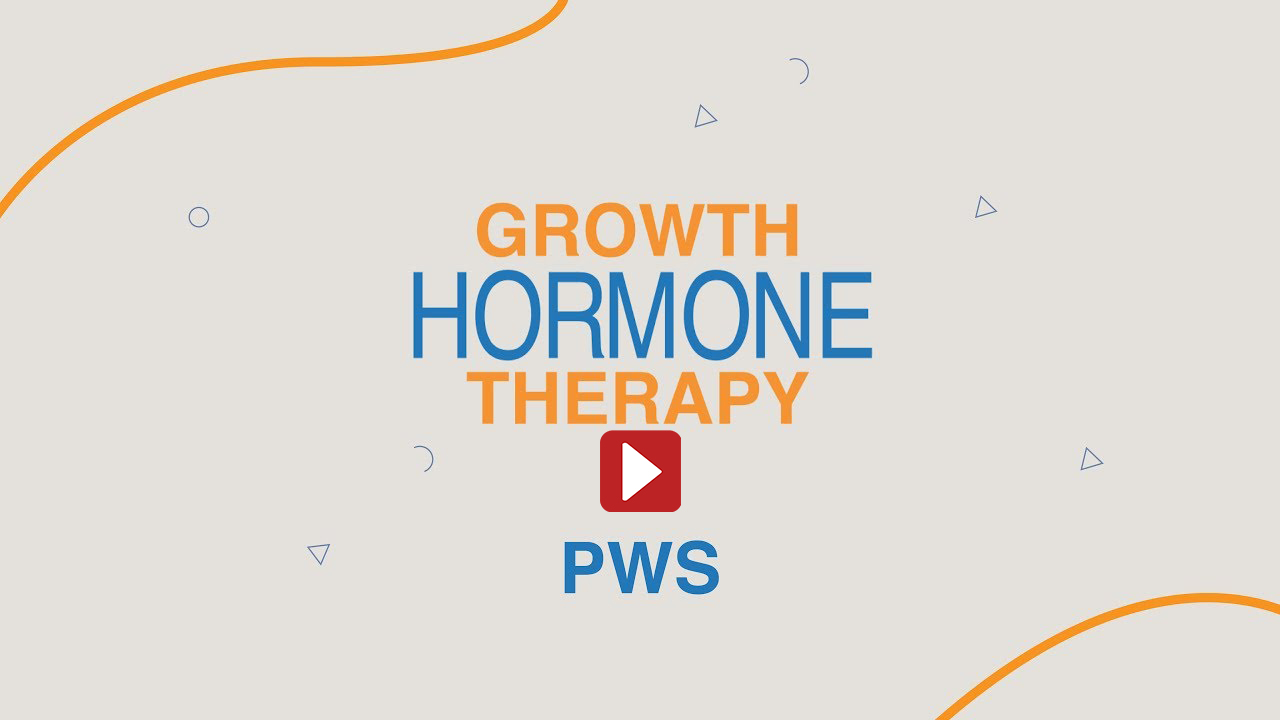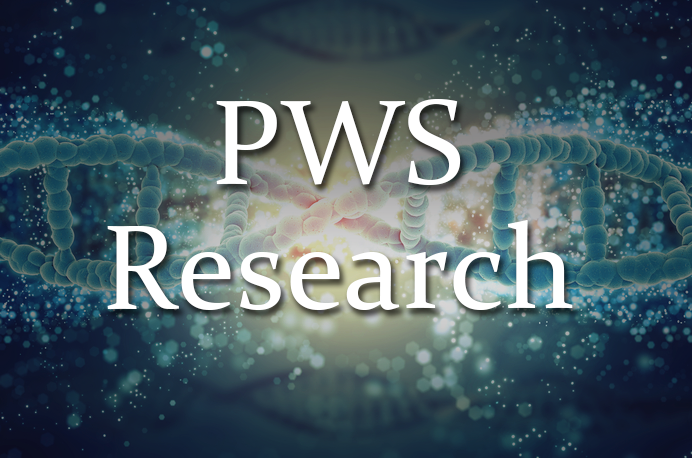Topics: Research
In social communication, the ability to appropriately recognize and process facial expressions is critical to understanding others' emotional and mental state. People can often "read" emotions on someone's face, including happiness, sadness, fear, su...
In multiple studies, human growth hormone (HGH) has been found to be beneficial for those with Prader-Willi syndrome. In June of 2000, growth hormone therapy for PWS was officially approved by the Federal Drug Administration (FDA) in the United State...
Topics: Research
There's been a lot of buzz in the scientific literature about the "gut-brain connection" — the two-way communication occurring between the brain and the gut. This communication can occur directly through nerve signals, and indirectly by hormones secr...
Topics: Research
Abnormal sleep patterns in PWS make sleep disorders common for people with Prader-Willi syndrome. These are associated with central and obstructive apnea, disrupted sleep, and excessive daytime sleepiness. But why exactly do individuals with PWS have...
Topics: Research
Adolescents and adults with PWS often struggle with temper outbursts, compulsive behaviors, and self-injurious behaviors such as skin-picking. These behavioral challenges impact the quality of life for those with PWS and for their families and caregi...
Topics: Research











